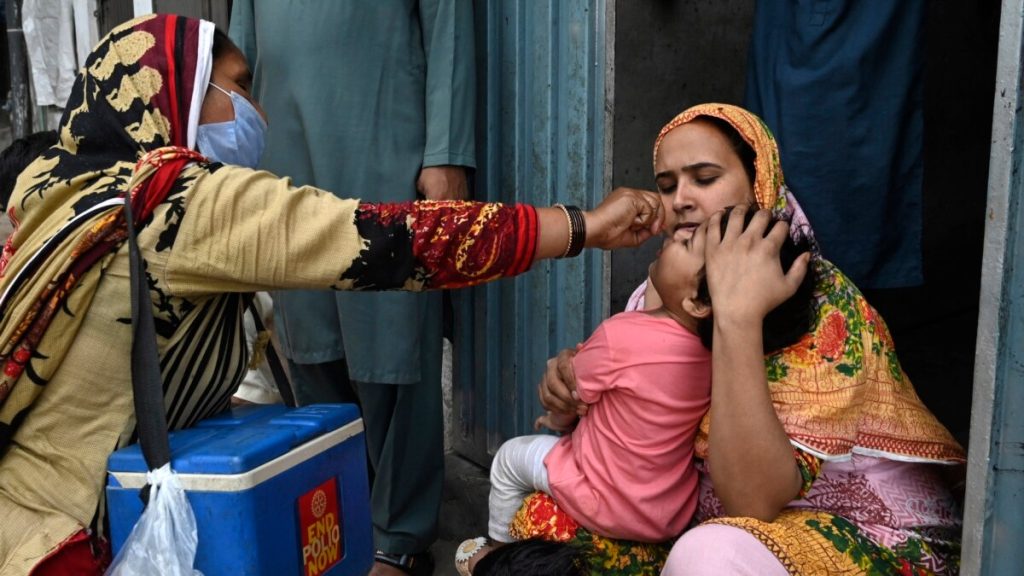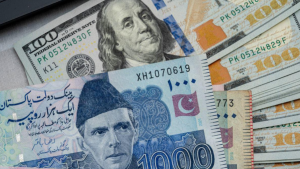
[ad_1]
KARACHI: Pakistan’s polio crisis has taken a concerning turn with two fresh cases of wild poliovirus type-1 (WPV1) confirmed in Sindh, bringing the country’s total to 39 cases this year, as reported by the National Emergency Operations Centre (EOC).
The latest victims of the polio virus are a boy from Mirpurkhas and a girl from Sanghar, marking the first instances of the disease in their respective areas in 2024.
Sindh is experiencing a surge in virus transmission, particularly after multiple environmental samples from Mirpurkhas tested positive for WPV1 earlier this year. The breakdown of cases across provinces is alarming: Balochistan has recorded 20 cases, Sindh 12, Khyber Pakhtunkhwa five, and one each in Punjab and Islamabad.
Tragically, at least three children have lost their lives to polio this year, including Abdullah from Karachi’s Bin Qasim Town and two children from Balochistan’s Killa Saifullah and Quetta.
To combat the outbreak, the government is launching a nationwide anti-polio vaccine campaign on October 28. However, misinformation and conspiracy theories continue to fuel vaccine hesitancy, especially in Balochistan and Khyber Pakhtunkhwa.
Parents are refusing polio vaccines due to baseless myths, such as claims that vaccines cause infertility or are part of a foreign conspiracy.
The Polio Eradication Initiative (PEI) officials stress that vaccines are safe and essential to protect children from paralysis. “Listening to conspiracy theories is putting children at grave risk,” they warn, urging parents to rely on scientific facts and consult healthcare professionals.
[ad_2]
Source link





